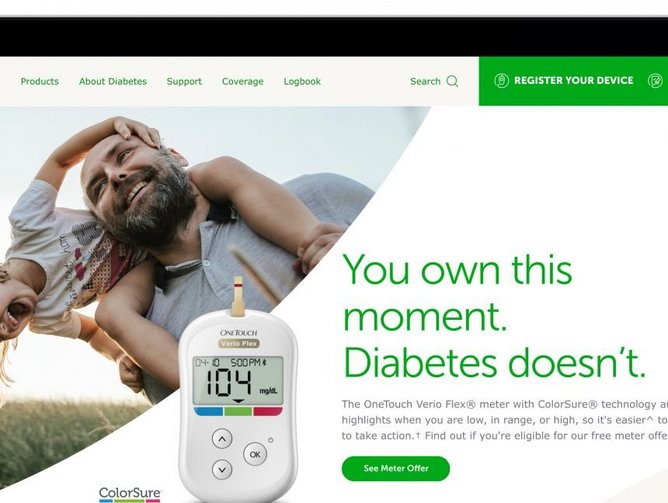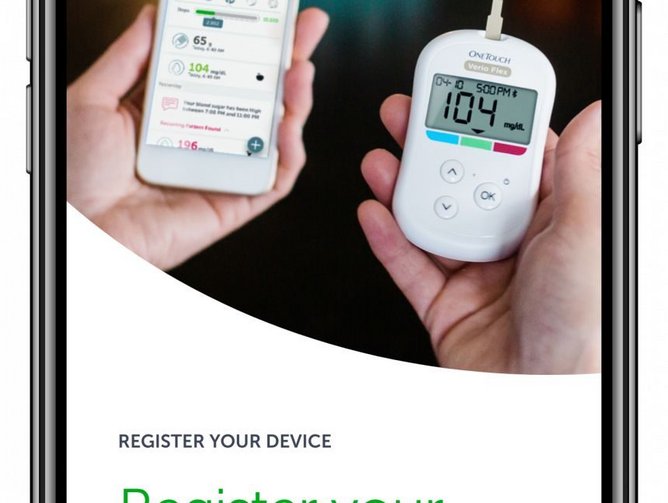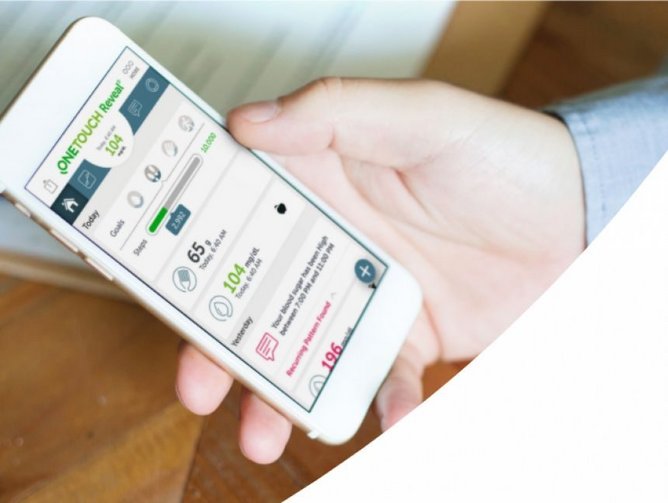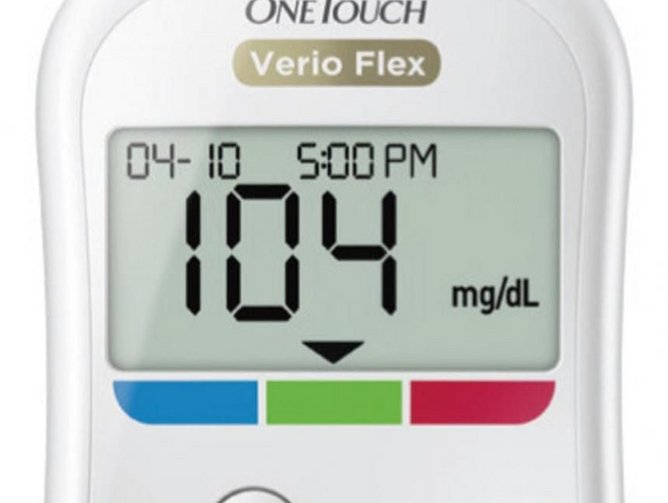How LifeScan uses opportunity provided by a carve-out to digitally transform
LifeScan is a medical device company at the cutting-edge of blood glucose monitoring. Founded over 35 years ago, it reaches over 20mn people worldwide with products under its OneTouch brand such as personal blood glucose meters, testing strips, point of care testing systems, and integrated tech solutions. With 2,000 employees and a reach in 90 countries, it is a truly global company. Its app is one of the top ten most downloaded diabetes management apps in the world. In 2018, it was purchased by private equity firm Platinum Equity, leading to a carve-out from its previous owner, Johnson & Johnson. This has allowed the company an opportunity to expand its digital presence. “We have terrific talent, a phenomenal brand with a wide patient base, and are now a size that allows us to be more agile in response to market forces,” says Miguel Louzan, Chief Information Officer (CIO) at LifeScan. “This gives us a competitive edge.”
Miguel Louzan has been the CIO at the company for almost two years. With 15 years in digital and tech-based healthcare, he leverages his experience to add value. “Healthcare is a very specific industry. You have to know the exact regulation, what’s really driving the business, the value of products, digital and otherwise,” he says. The primary focus of the last 18 months for LifeScan has been ensuring it can operate as a standalone organisation. Its established identity and strong branding mean the company isn’t starting from absolutely nothing, but it is still at the beginning of its journey. “That’s why I refer to us as a USD $1.2bn start-up,” continues Louzan.
According to Louzan, the company is around halfway through its post carve-out digital transformation. 90% of its platforms are now cloud-based and it has majorly simplified, moving from 700 platforms to only 120. “I believe digital transformation never ends,” affirms Louzan. “It’s a continuous journey.” One of the primary goals is to move from an identity as a medical device company to one as a digital company. “It’s a mindset change,” he explains, “if you think about building medical devices, it is a lengthy process of perfecting the product. In terms of digital companies, you don’t have to wait to get the perfect product. That’s all about continual tuning.” Although the company vehemently adheres to the strict regulations required to produce medical devices, it is taking onboard a more digital mentality, focusing on the features of products. “In a digital company, you think about the experience of the user,” says Louzan. For this reason, process simplification is one of the main challenges LifeScan grapples with. Third-party partners have provided the necessary tools for LifeScan’s digital transformation to succeed. Influence from Google Platform Partner CI&T, IT service group FPT Software, financial service company Deloitte, methodology coordinator Globant, storage and consolidation consultant Data Blue, and digital model-maker gA has allowed LifeScan access to skills and industry expertise otherwise inaccessible.
Although technological implementation is key to LifeScan’s current strategy, its focus on people remains strong. “At the end of the day, it’s all about people,” explains Louzan. “You can have the best policy, the best tech, the best everything, but if you don’t have the right people, it doesn’t work.” Talent acquisition has been an important pillar at LifeScan, seeking employees with a willingness to learn and join a currently evolving organisation. The improved digital aspect ultimately puts the customer first. “At the end of the day, the patient should be at the centre of everything we do,” he says. “User experience drives simplification.” Adaptability is important not only at LifeScan, but in the wider industry. It is an industry rife with disruptors, meaning LifeScan needs to move quickly if it wants to keep up. “Constant vigilance towards the market is key to avoid being blindsided,” says Louzan. Regulations around data privacy are also constantly changing in different ways around the world, making it difficult to manage as a global company. Local companies might see the rise of GDPR or specific state regulations, but LifeScan has to contend with it all. To ensure it remains up to standard, it implements a programme around data privacy and data security. “It’s a strong concern in what we do,” affirms Louzan. “We have a group of people in the organisation who are tasked with anticipating what we might need around data protection in the future. Operating with a global footprint, this is at the front and centre of everything we do.”
The value of data within the healthcare sphere is only increasing. From a market perspective, data helps companies better understand its customers needs, but for healthcare providers, it also allows companies to add value for patients and personalise patient interactions. LifeScan has been investing in the personalisation space for several months, focused on artificial intelligence (AI) and machine learning (ML). “The goal of getting to that personalised point of interaction with our patient is being able to really target our actions and help them through their diabetes journey,” he explains. On a macro-economic level, it also allows the company to understand the financial needs of patients surrounding insurance and contracts. “I would say the future of the industry is personalisation,” continues Louzan. “However, at the same time, it’s about how we can adapt to the different ecosystem.”
The next three to five years at LifeScan will see it continuing along the path of its transformational journey. The main shift in the next five years, according to Louzan, will be as the company evolves from a medical device company that has a digital presence to being a truly digital company with an associated product. The shift should allow LifeScan to stay competitive in a market of disruptors. “Overall, digital transformation can be a bit of a buzzword. I don’t believe it needs to be complicated. It doesn’t have to be about changing the world. It’s about small wins. Implement, learn fast, and move onto the next one,” concludes Louzan. “For me, that’s what digital transformation is about — small improvements that can start really building momentum by themselves.”






